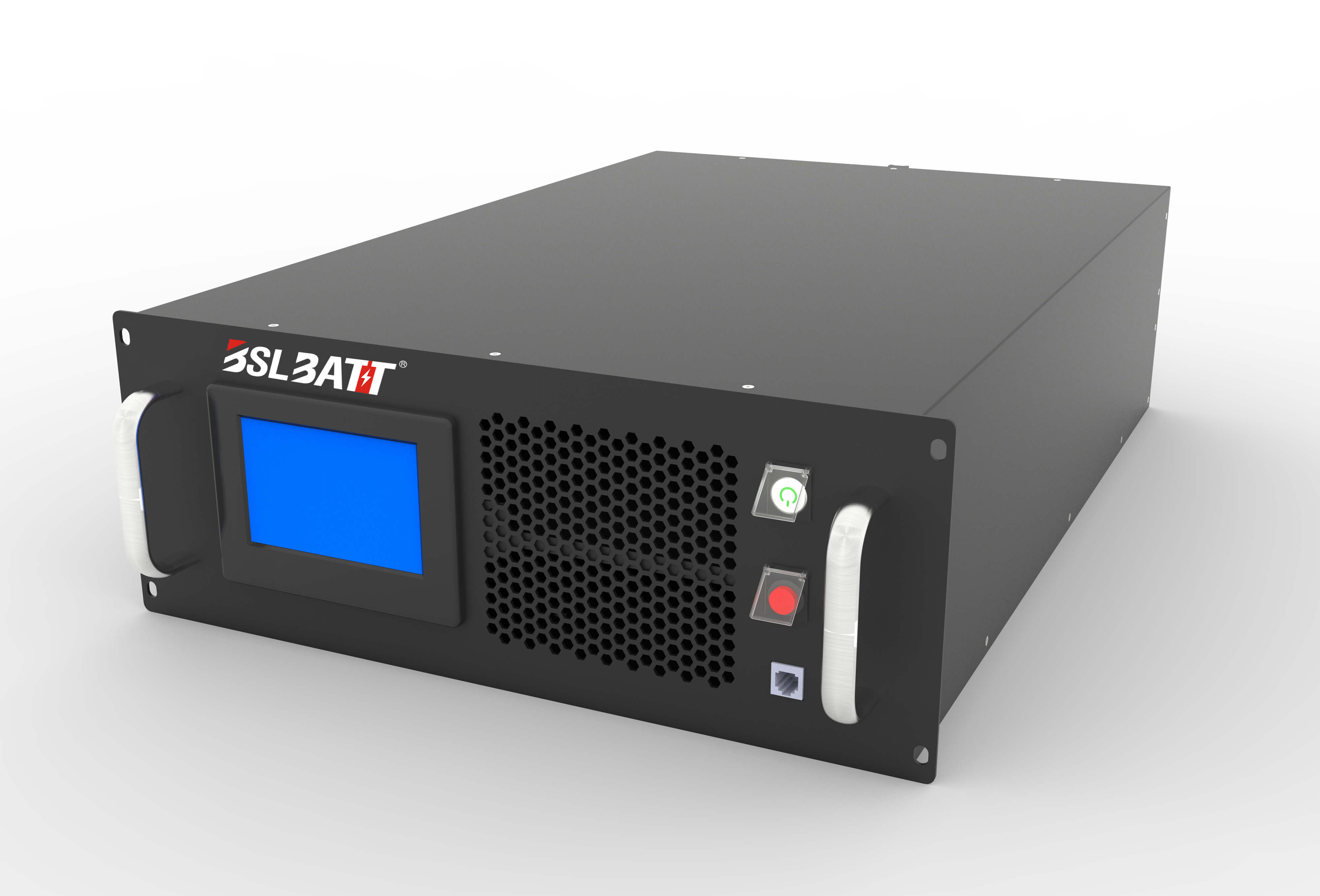Lithium-Ion UPS Batteries: A Superior Long-Term Battery Backup Solution

In the world of Uninterruptible Power Supply (UPS) systems, the choice of battery technology plays a pivotal role in determining the efficiency, reliability, and longevity of the backup power solution. Traditionally dominated by lead-acid batteries, the UPS market is increasingly shifting towards lithium-ion (Li-ion) batteries, and for good reasons. Let's delve into why lithium-ion UPS batteries are emerging as a better long-term battery backup solution.
Understanding UPS Battery Basics
A UPS system provides backup power when the input power source fails, ensuring continuous operation of critical devices and systems. The battery is the heart of a UPS, storing electrical energy that can be converted into usable power during outages.
Why Choose Lithium-Ion Over Lead-Acid?
1. Longer Lifespan
Lithium-ion batteries boast a significantly longer lifespan compared to traditional lead-acid batteries. While a standard lead-acid battery may last 3 to 5 years, lithium-ion counterparts can last up to 10 years or more. This extended lifespan reduces the need for frequent replacements, offering long-term cost savings and less hassle.
2. Higher Energy Density
Li-ion batteries have a higher energy density, meaning they can store more energy in a smaller footprint. This feature is particularly beneficial in space-constrained environments, allowing more power backup without occupying excessive space.
3. Faster Charging
Lithium-ion batteries charge faster than lead-acid batteries. This rapid charging capability is crucial in scenarios where power outages are frequent, ensuring the UPS is ready to go soon after normal power is restored.
4. Lower Total Cost of Ownership
While the initial investment in lithium-ion batteries is higher, their longer lifespan and reduced maintenance requirements result in a lower total cost of ownership over the life of the battery.
5. Enhanced Performance at Varied Temperatures
Lithium-ion batteries are more resilient to temperature fluctuations, maintaining consistent performance in a wider range of environments. This makes them suitable for locations with extreme temperatures.
6. Lightweight and Compact
Li-ion batteries are lighter and more compact than lead-acid batteries. This reduction in weight and size makes installation and transportation easier, especially in locations with space or weight constraints.
7. Eco-Friendly Option
Lithium-ion batteries are generally more eco-friendly. They have a lower environmental impact due to their longer lifespan, reduced waste, and often contain less toxic materials compared to lead-acid batteries.
8. Better for High-Load Applications
For high-load applications, lithium-ion batteries deliver better performance. They can handle higher power demands without significant degradation in efficiency or life expectancy.
9. Smart Technology Integration
Many lithium-ion batteries come with advanced features like integrated battery management systems (BMS), which monitor and manage battery performance, further enhancing efficiency and safety.
10. Reduced Maintenance
Li-ion batteries require less maintenance than lead-acid batteries. They don’t need watering, and their self-discharge rate is much lower, making them ideal for applications where regular maintenance is challenging.
Conclusion
The shift towards lithium-ion batteries in UPS systems represents a significant advancement in backup power technology. Their longer lifespan, higher energy density, faster charging, and overall efficiency make them a superior long-term solution for battery backup needs. While the upfront cost may be higher, the long-term benefits, including lower total cost of ownership, environmental friendliness, and reduced maintenance, make lithium-ion UPS batteries an investment worth considering for any critical power backup application.







